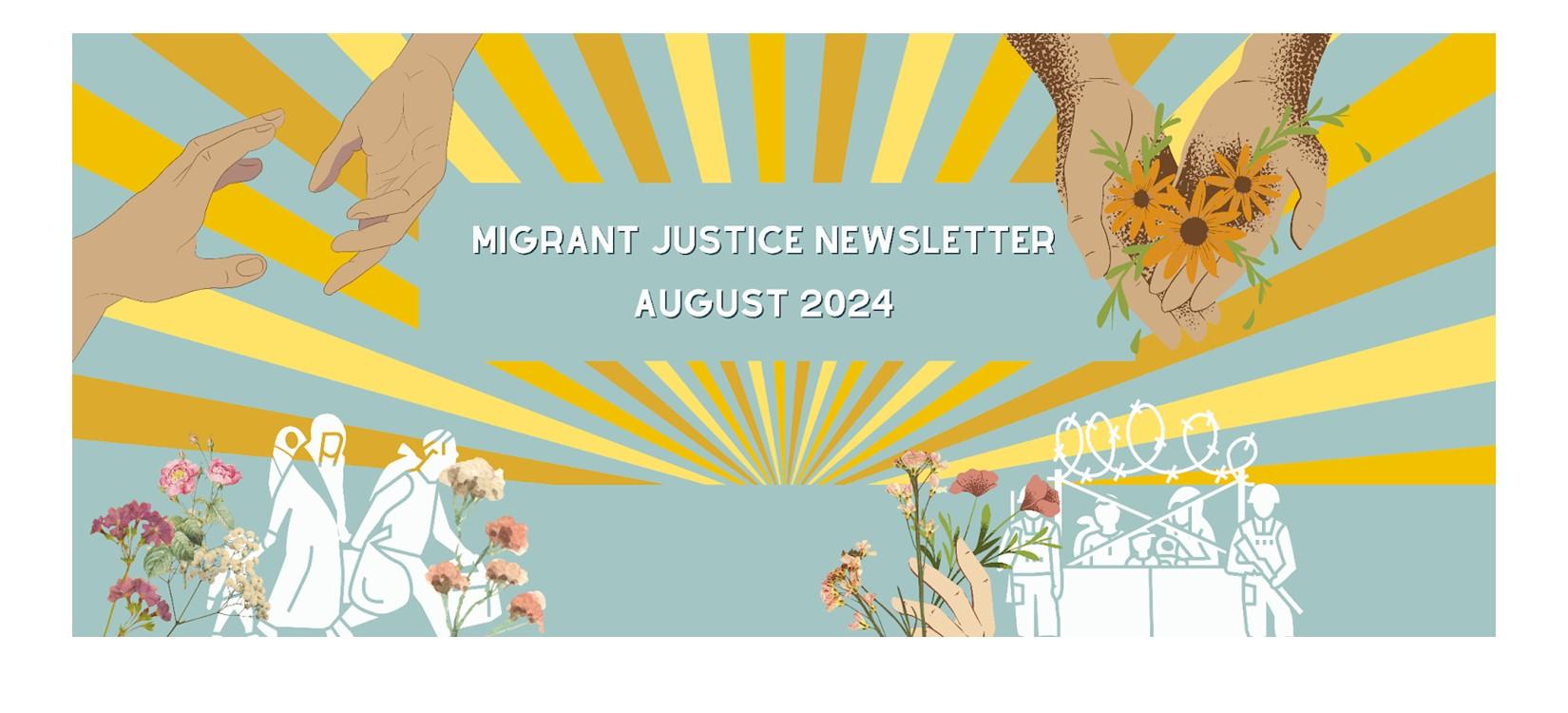It’s been an election like no other: polarizing, ugly, passionately contested. The results suggest a realignment of U.S. politics and a rightward shift in national policies and priorities. Yet most our greatest concerns were invisible during the campaigns.
Join Cleveland Peace Action for a panel and audience discussion, in-person and on Zoom, of the election and its implications for our work. They will address Palestine, the growing risk of nuclear war, the iron grip of the military-industrial complex, climate change, Latin America and immigration, and party politics.
register here for the online version: https://us02web.zoom.us/meeting/register/tZMscO2pqTMvGdLzi1Afgi0RwdSyNiHeQb5y#/registration




